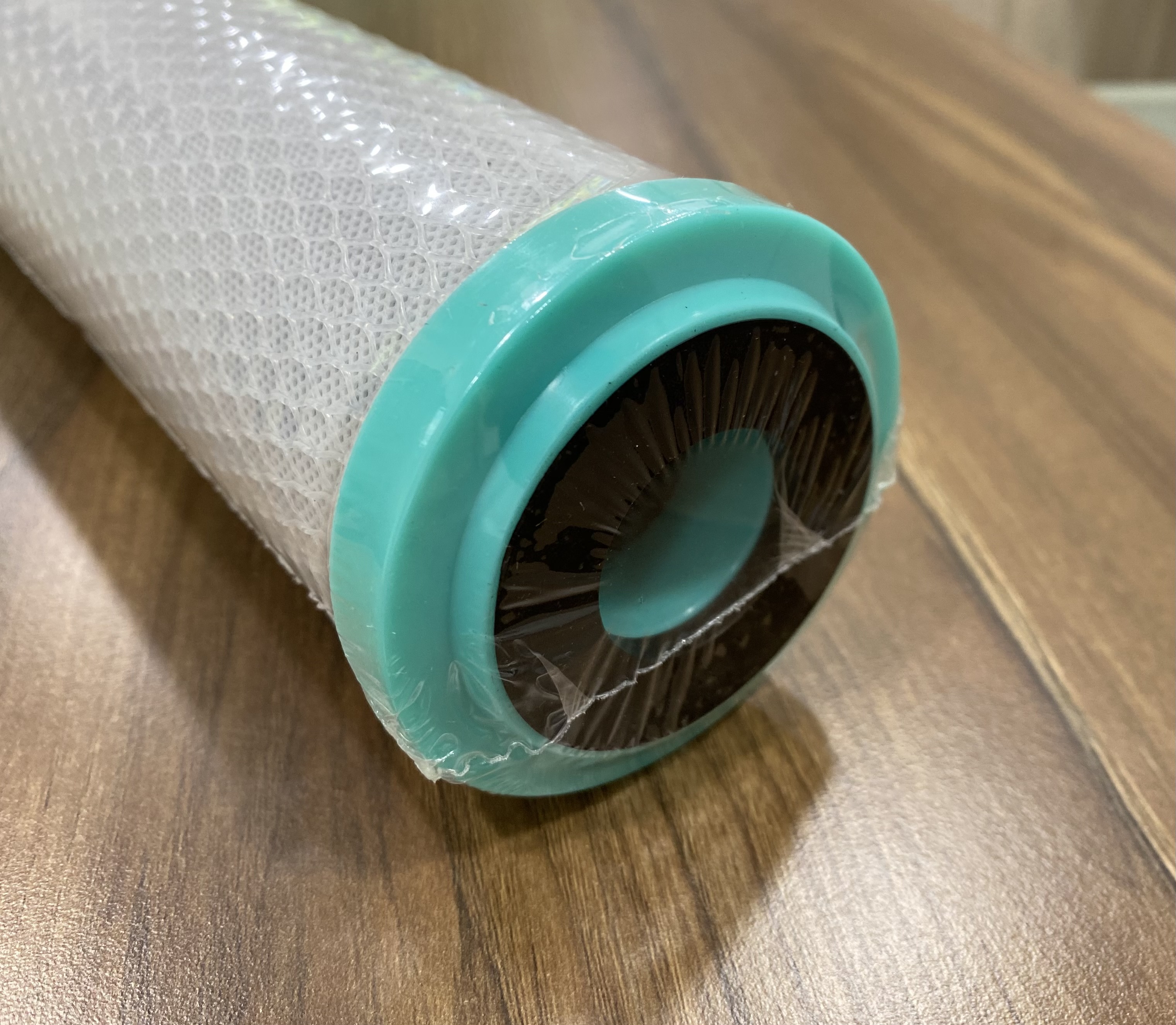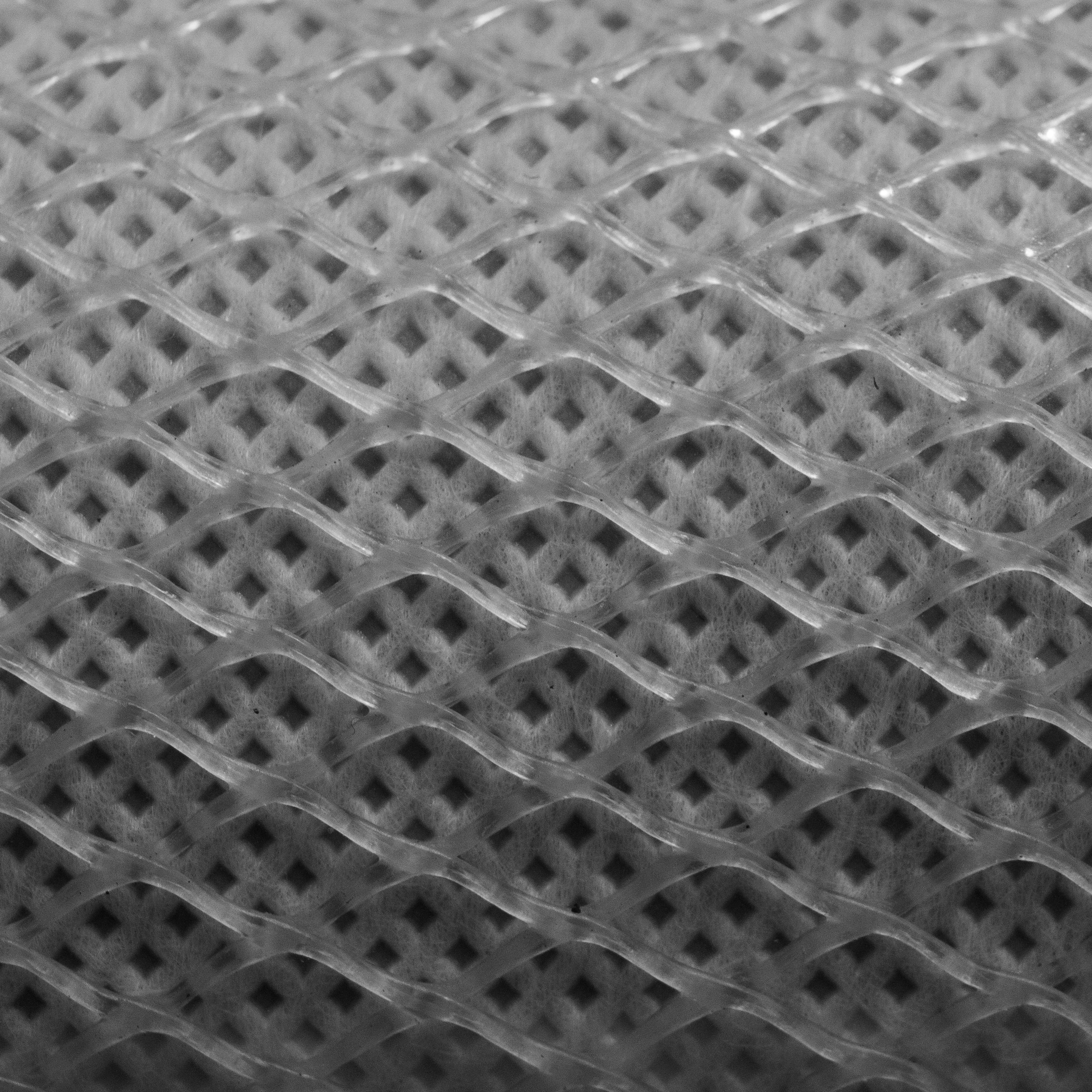Carbon Filtration System
A carbon filter, also known as an activated carbon filter, uses activated carbon to remove contaminants and impurities through chemical absorption. With a large surface area, it effectively filters out organic matter, odors, and traces of oil vapor from air, gas, and liquids, ensuring high purity for critical applications like pharmaceuticals and breathing systems.
- Remove impurities of very small particles like chemical, toxins.
- High-level Purification
- Easy Installation
- Very Cost Effectiveness
- Easy Maintenance
Activated carbon filters provide excellent filtration for many industrial uses by removing gases and chemicals. They trap harmful gases and chemicals, such as vapors in fume, smoke and odors in gas purification, and harmful fumes in metal processing. In renewable energy production, they help absorb toxic chemicals, which improves biogas production. These filters also improve the taste, odor, and color of distilled alcohol.
Request Product Catalog


